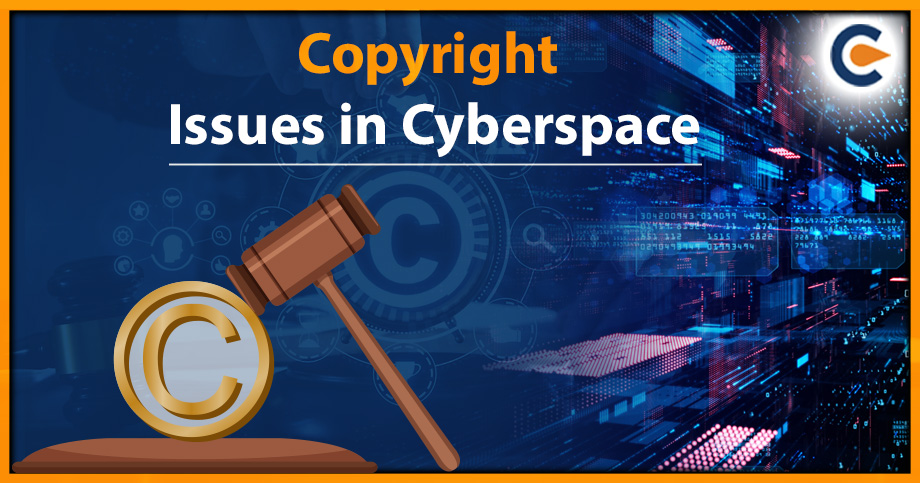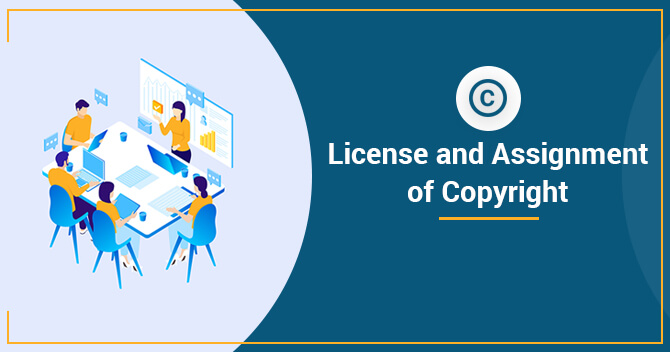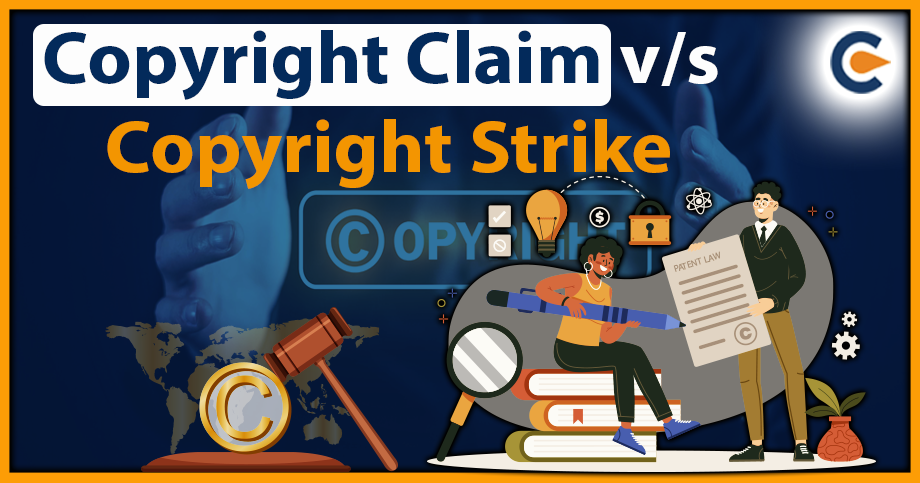Copyright law is a set of legal regulations that govern the use and distribution of creative works. It is designed to protect the intellectual property of authors, artists, and creators. In cyberspace, copyright law applies to all types of digital content, including images, videos, music, software, and written works.
In the United States, copyright law protects the rights of copyright holders for a period of 70 years after the author’s death. Whereas, In India, the rights of copyright holders are for a period of 60 years after the death of the author. During this time, copyright holders have exclusive rights to use, distribute, and sell their works. They can also license their works to others or give permission for others to use their works.
Challenges of Enforcing Copyright Law in Cyberspace
Here are some of the key challenges of enforcing copyright law in cyberspace:
- Global nature of the internet: The internet has no borders, and content can be easily accessed and shared across multiple jurisdictions. This makes it difficult to enforce copyright law, as different countries may have different laws and regulations regarding copyright.
- Difficulty in identifying copyright infringement: With the vast amount of content on the internet, it can be difficult to identify instances of copyright infringement, particularly if the content is being shared on anonymous or encrypted platforms.
- Rapidly evolving technology: As technology continues to evolve, new methods of sharing and distributing content emerge, making it difficult for copyright law to keep up. For example, peer-to-peer file sharing and streaming services have created new challenges for copyright holders.
- Limited resources for enforcement: Governments and copyright holders may have limited resources to devote to enforcing copyright law, particularly in the face of large-scale piracy operations.
- Resistance from users: Many internet users see copyright law as overly restrictive and may resist efforts to enforce it. This can create challenges for copyright holders and law enforcement agencies.
- Lack of cooperation from service providers: In some cases, internet service providers and other digital platforms may be unwilling to cooperate with efforts to enforce copyright law. This can make it difficult for copyright holders to identify and address instances of infringement.
Overall, enforcing copyright law in cyberspace is a complex and ongoing challenge. While there are tools and technologies available to help copyright holders protect their intellectual property, these must be balanced against the interests of the public and the need to promote innovation and creativity in the digital age.
Digital Rights Management (DRM) and its Role in Copyright Protection
To address these challenges, many copyright holders use digital rights management (DRM) technologies. DRM is a set of tools and technologies that enable copyright holders to control how their works are used and distributed. For example, DRM can prevent unauthorized copying or sharing of digital content, or it can limit the number of times a digital work can be accessed. While DRM can be effective in protecting copyrighted content, it has also been criticized for being too restrictive. Some critics argue that DRM can limit the rights of users to access and use digital content, and that it can be difficult to remove DRM restrictions once they are in place.
Fair Use and its Role in Copyright Law
Another important aspect of copyright law in cyberspace is the concept of fair use. Fair use is a legal doctrine that allows limited use of copyrighted works without permission from the copyright holder. It is designed to balance the interests of copyright holders with the interests of the public, by allowing certain uses of copyrighted works that are deemed to be “fair.”
Examples of fair use in cyberspace might include using a small excerpt from a book or article for the purpose of criticism or commentary or using a copyrighted image in a news article or educational presentation. However, the determination of what constitutes fair use can be complex, and it is ultimately up to a court to decide whether a particular use of a copyrighted work is fair/not.
Online Piracy and its Impact on Copyright Holders in Cyberspace
Online piracy is a major problem for copyright holders in cyberspace. It refers to the unauthorized distribution of copyrighted content, and it can take many forms, including file-sharing, streaming, and downloading. Online piracy can have a significant impact on the financial success of copyrighted works, as it can reduce sales and limit the ability of copyright holders to earn revenue from their works.
Digital Millennium Copyright Act (DMCA) and its Role in Copyright Protection
The Digital Millennium Copyright Act[1] (DMCA) is a law that was enacted in the United States in 1998. It provides legal protections for copyright holders in cyberspace, and it includes provisions for addressing online piracy and copyright infringement. The DMCA includes a “notice-and-takedown” system, which requires website owners to remove infringing content when they receive a notice from a copyright holder.
Creative Commons and its Role in Copyright Licensing
Creative Commons is a non-profit organization that provides a set of free, standardized licenses for creators to use when they want to share their works with others. These licenses allow creators to retain copyright ownership while giving others the right to use, share, and modify their works in certain ways. Creative Commons licenses are widely used in cyberspace, particularly in the open access and open education movements.
Future of Copyright Law in Cyberspace
As technology continues to evolve, copyright law will need to adapt in order to keep pace with new forms of digital content and distribution. Some experts have suggested that blockchain technology could be used to create more secure and transparent systems for protecting copyright in cyberspace. Others have proposed new models for compensating creators, such as micropayments or crowdfunding. The future of copyright law in cyberspace is likely to be shaped by these and other innovations.
Conclusion: Protecting Intellectual Property in the Digital Age
In the digital age, copyright law plays a critical role in protecting the intellectual property of creators and copyright holders. However, enforcing copyright law in cyberspace can be challenging, given the ease of copying and distributing digital content. Online piracy is a major problem that can have a vital impact on the financial success of copyrighted works. To address these challenges, copyright holders use a variety of tools and technologies, including digital rights management (DRM) and the Digital Millennium Copyright Act (DMCA). However, these tools can be controversial and may be seen as limiting the rights of users to access and use digital content.
Fair use is an important concept in copyright law that allows for some limited use of copyrighted works without permission. It is designed to balance the interests of copyright holders with the interests of the public, by allowing certain uses of copyrighted works that are deemed to be “fair.” Looking to the future, it is likely that copyright law will continue to evolve in response to new technologies and forms of digital content. Innovations such as blockchain technology and new compensation models may play a role in shaping the future of copyright law in cyberspace.
In conclusion, protecting intellectual property in the digital age is a critical issue for creators and copyright holders. While copyright law provides important protections, it must continue to adapt to keep pace with new forms of digital content and distribution. Balancing the interests of copyright holders and the public will be an ongoing challenge, but one that is essential for promoting innovation and creativity in cyberspace.
Read Our Article: Evolution Of Copyright Laws – A Complete Analysis











